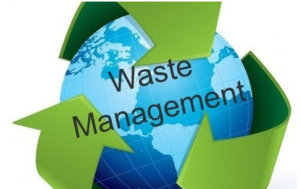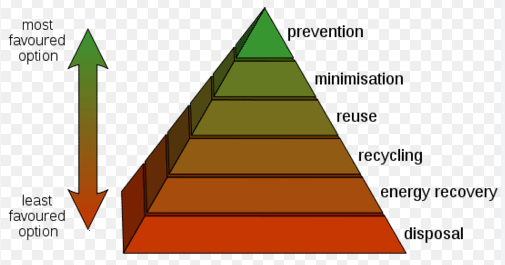Waste management is a critical aspect of modern life. From reducing our environmental impact to promoting sustainability, mastering waste management is essential for creating a cleaner, greener world. In this article, we will delve into 5 key strategies to help you become a waste management pro.
Reduce, Reuse, Recycle: The Three R’s
The three fundamental principles of waste management are “Reduce, Reuse, and Recycle.” Reducing waste at its source is the most effective strategy. Start by evaluating your consumption habits and identifying areas where you can cut back. Purchase products with minimal packaging and choose reusable items over disposables.
Reusing items is the next step. Before discarding something, ask yourself if it can serve another purpose. Old jars can become storage containers, and worn-out clothing can be upcycled into something new.
Finally, recycling helps keep materials out of landfills. Familiarize yourself with your local recycling guidelines, and sort your waste accordingly. This simple practice can significantly reduce your ecological footprint.
Composting for Organic Waste
Composting is a fantastic strategy for handling organic waste. Rather than tossing food scraps and yard clippings into the trash, you can turn them into nutrient-rich compost for your garden. Composting not only reduces waste but also enriches your soil and reduces the need for chemical fertilizers.

Smart Disposal
When you need to dispose of items, do it responsibly. Some materials, like hazardous chemicals or electronic waste, require special handling. Find out where and how to dispose of these items in your community to prevent environmental harm.
Avoid illegal dumping at all costs. It not only damages the environment but can lead to legal repercussions. Responsible disposal should be a top priority.
Upcycling: Turning Trash into Treasure
Upcycling is a creative way to minimize waste. Instead of discarding old or broken items, transform them into something new and useful. From turning wooden pallets into furniture to repurposing glass jars into candle holders, the possibilities are endless. Upcycling not only reduces waste but also allows you to express your creativity.
Stay Informed and Educate Others
Knowledge is power when it comes to waste management. Stay informed about local regulations, recycling programs, and environmental initiatives in your area. Understanding the rules and guidelines for waste disposal and recycling is crucial.
Additionally, consider educating others about waste management. Share your knowledge with friends and family, and promote eco-friendly practices in your community. The more people understand the importance of waste management, the greater the positive impact we can make.
Conclusion
In conclusion, mastering waste management is more than just a personal goal; it’s a responsibility we share to protect our planet. By implementing the five key strategies mentioned above, you can significantly reduce waste, minimize your ecological footprint, and contribute to a cleaner, greener world.
Incorporating these 5 key strategies into your daily life will not only benefit the environment but also enhance your own well-being. You’ll save money by consuming more mindfully, breathe cleaner air, and enjoy a healthier living environment. Plus, your efforts will inspire others to follow your example.
Whether you’re a homeowner, a business owner, or a concerned citizen, everyone can play a vital role in mastering waste management. By adopting these strategies and spreading the knowledge, we can collectively work toward a more sustainable and environmentally friendly future. So, start mastering waste management today and be a part of the solution to our planet’s waste-related challenges.



